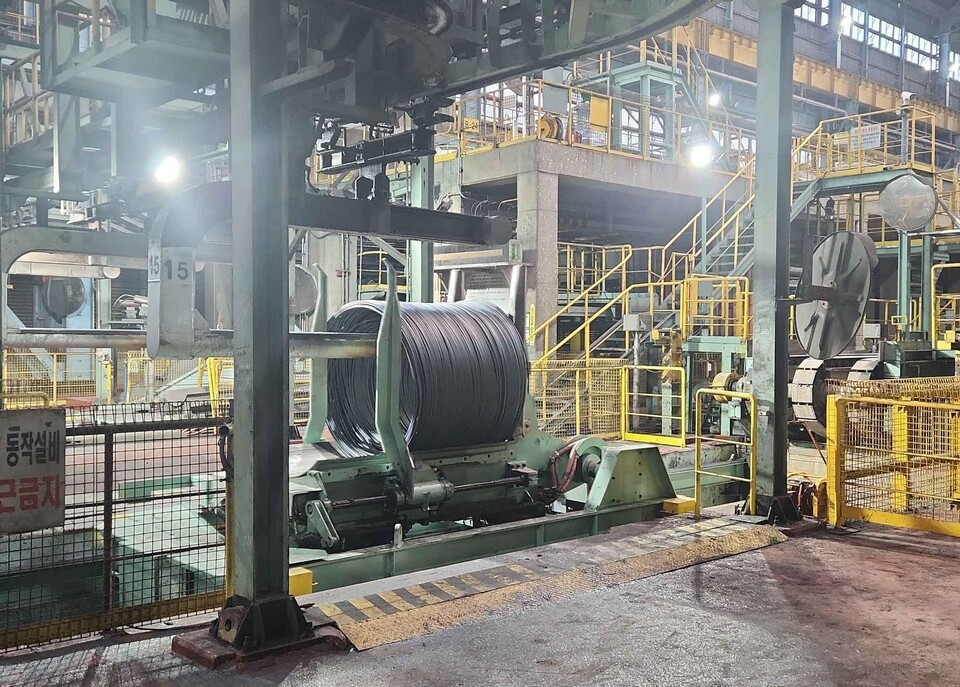The Ministry of Trade, Industry and Energy, led by Minister Kim Jong-gwan, announced that due to the EU’s plan to significantly strengthen its steel import quota (TRQ, tariff rate quota), an emergency meeting was held on October 10 under the chairmanship of Deputy Minister Park Jong-won to discuss support measures for the steel industry and share the latest trends in the EU’s regulatory enhancements and future response strategies.
The EU officially announced on October 7, local time, a proposal to introduce a new steel TRQ system to replace the existing safeguard system. The proposal includes measures such as a 47% reduction in quota volumes, an increase in tariff rates for amounts exceeding the quota (from 25% to 50%), and the introduction of monitoring for the melt & pour country, thereby strengthening import restrictions.
Currently, the existing safeguard system’s quota and tariff rates are being maintained, which limits short-term export impacts. However, once the EU’s legislative procedures are completed, they are expected to have a direct impact on domestic steel exports starting next year. Particularly, the EU is Korea’s second-largest steel export market, and the finalized measures are expected to place a significant burden on the overall industry.

Industry representatives participating in the meeting urged, “With the spread of protectionism, the global steel market is becoming unstable. The government must respond swiftly and vigorously in trade negotiations.” They also pointed out the potential increase in “push-out exports” to markets where regulations are relatively relaxed due to strengthened export barriers in various countries and emphasized the need to bolster institutional responses to block unfairly imported steel products.
Moreover, the industry suggested that, in the long term, the government should expand inter-agency support to improve the industry structure through low-carbon transformation and the development of high-value products.
The government plans to minimize negative impacts on domestic industry by activating various official and informal diplomatic channels, as the EU indicated that free trade agreement (FTA) countries would be considered when allocating quotas. Plans are also underway to explore using WTO and Korea-EU FTA consultation channels.
The Ministry of Trade, Industry and Energy plans to establish financial support programs, such as “Steel Export Supply Chain Strengthening Guarantee Products” and “Secondary Assistance Projects for Steel, Aluminum, Copper, and Derivative Companies,” to alleviate the burden on steel exporting companies.
This month, a joint effort with related ministries will see the establishment of the “Steel Industry Advancement Plan,” which includes strategies for responding to global oversupply on a sector-specific basis, strengthening the trade defense system like anti-dumping measures, setting standards and incentives for low-carbon steel, expanding investments in advanced fields such as hydrogen reduction steel and special carbon steel, and strengthening cooperation with upstream and downstream processes and demand industries in the steel sector.
A Ministry of Trade, Industry and Energy official stated, “The government will proactively respond to the EU’s strengthened trade barriers and collaborate closely with industry to help our steel industry turn this crisis into an opportunity.”